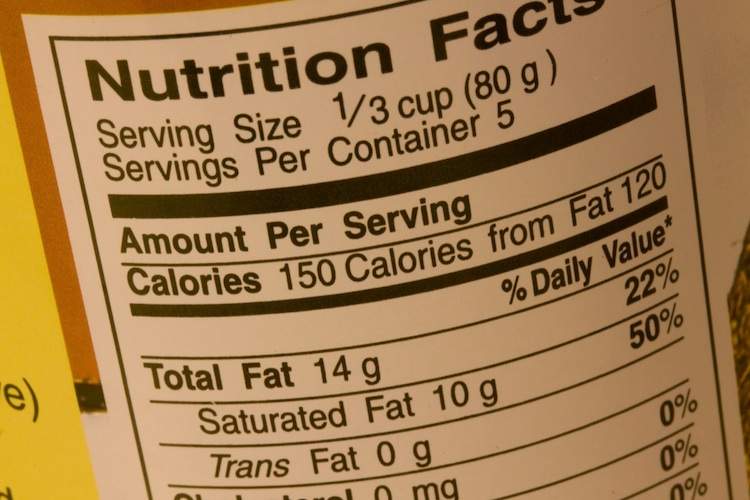
A fat is considered "saturated" when it's carrying all the hydrogen atoms it can hold. Trans fats are created when manufacturers add hydrogen to unsaturated fats. Hydrogenation turns inexpensive vegetable oils into solid, spreadable fats that improve a food's shelf life. That's why trans fats and saturated fats are frequently found in processed foods such as margarine, crackers and cookies.
Unfortunately, trans fats raise the LDL cholesterol levels in your body, which is associated with heart disease and with hardening of the arteries. And trans fats can also lower your levels of good HDL cholesterol. (This is why you should avoid trans fats entirely.)
Of course, you do need some dietary fats for critical functions in your cell membranes and to help carry vitamins into your body. Plus, some unsaturated fats may lower LDL cholesterol levels. The key here, as in all things, is moderation. To meet your body's needs, choose healthy fats, such as those from fish, nuts and seeds, and choose oils that are low in saturated fats, such as olive oil or canola.
Read More:
- Activists Cheer FDA 'Countdown' To Ban Trans Fats (Earth Eats)
- Rethinking Fat: The Case For Adding Some Into Your Diet (NPR)









